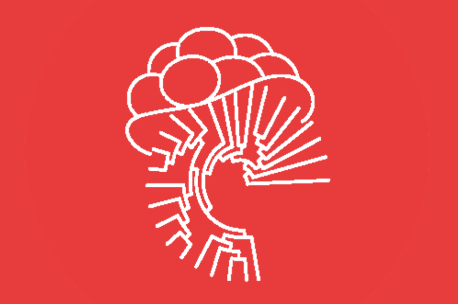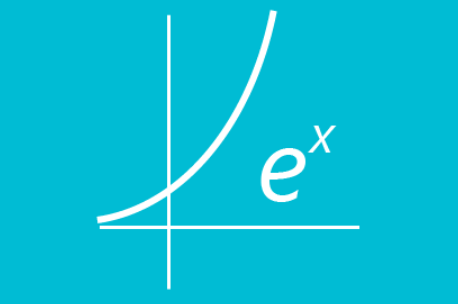Projects for the improvement of teaching

To improve teaching within our faculty’s own degree programs, we have implemented exciting learning opportunities in recent years. Since 2019, we have been offering first-year students in particular the opportunity to refresh or rebuild their academic knowledge in the basic scientific subjects of chemistry and mathematics in digital self-study courses. This makes it easier for students to start their undergraduate studies and provides a level playing field for all first-year students, regardless of their previous education.
Furthermore, we accompany courses in the fields of:
- General and inorganic chemistry
- Organic Chemistry
- Physical Chemistry
- Biochemistry
- Mathematics
- Mathematics for the physics lab
- Statistics
also with digital self-study courses to provide students with sustainable didactic support in these subjects.
In addition, the non-digital project “Barrier-free excursions” was implemented for the equal participation of students with limited mobility
What is it?
The digital self-study module called “Principles of Biology” enables biology students to restructure the knowledge they acquire during their studies in a new and, above all, more sustainable way and to bring it into an interdisciplinary context.
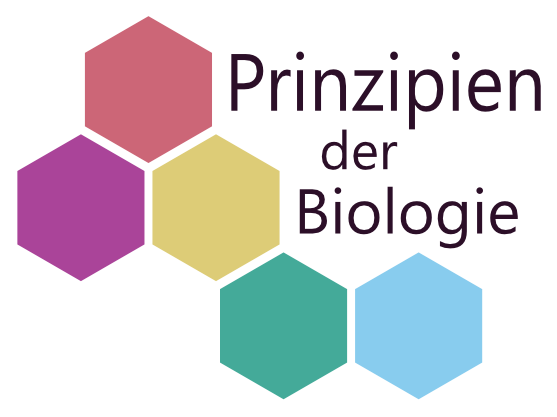
How?
In this project, biological phenomena and principles such as “surface enlargement” or the “lock and key principle” are divided into 5 basic concepts:
- structure & function
- control & regulation
- material & energy conversion
- information & communication
- evolution & individual development
In this module, students should identify the individual concepts and their principles within the various disciplines (genetics, cell biology, botany, physiology, etc.) and complete e-learning exercise units.
To link the self-study module with the curricular courses, “badges” including QR codes are placed on lecture slides, scripts, exercise sheets, etc.. In this way, the principles in the courses are identified and point students directly to the appropriate exercise units.
This introduces a meta-level into the entire course of study, which promotes the discovery of the same explanatory patterns to deepen the acquired knowledge as well as a more structured classification of newly acquired knowledge in a sustainable and networked way.
Why?
Biology is a very wide-ranging discipline with various subject areas that are constantly evolving. Research is constantly producing new findings and so the amount of teaching and learning material is also constantly increasing. This is of course great, but we can only effectively process a certain amount of this data.
In order to recognize the “big picture” in biology in this flood of information, students need certain tools. And it is precisely these tools that the “Principles of Biology” project provides students with. It enables students to structure, link and experience the subject matter in an interdisciplinary way.
Where?
The project is located here: https://kosmic.uni-freiburg.de/prinzipien-biologie.
If you have any further questions or suggestions, please contact the project team at Prinzipien@biologie.uni-freiburg.de.
With the barrier-free excursions, students with limited mobility can choose from a range of different modules according to their interests and needs. Outdoor modules that can be accessed by public transport as well as indoor learning modules can be flexibly integrated into the respective study plan. A largely self-directed learning portfolio rounds off the varied offer as a final proof of achievement.
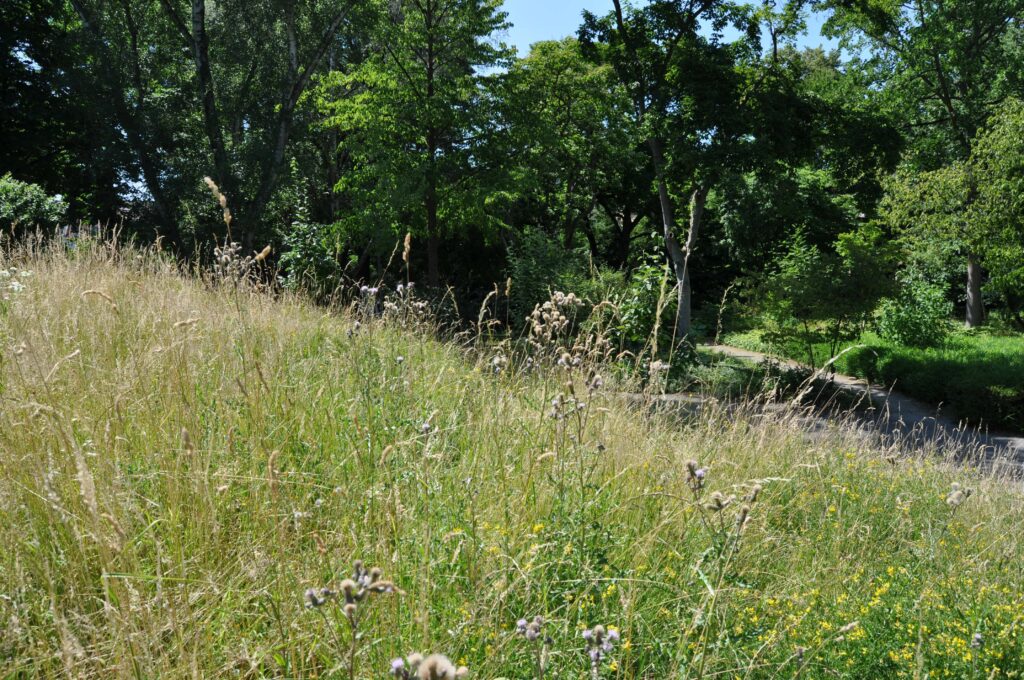
Field trips are an indispensable part of courses related to ecology, as they are the only way to clearly demonstrate and learn about the relationships between location, occurrence and adaptation of species and ecosystem processes. But what if students are restricted in their mobility?
We were able to develop a suitable concept with the help of funding from the student proposal budget of the student representation of the University of Freiburg. During development, we benefited from our experience in the implementation of GPS-supported individual excursions, which we offer as a “geo-caching” tour if students are unable to participate in a “normal” group excursion.
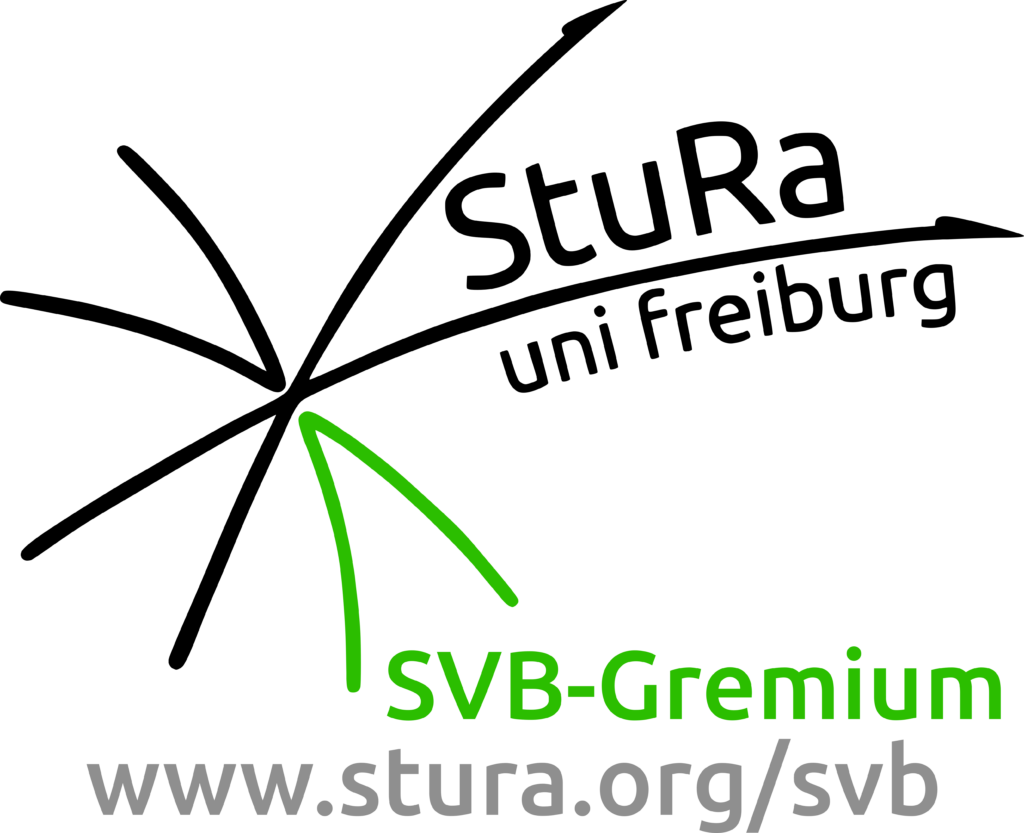
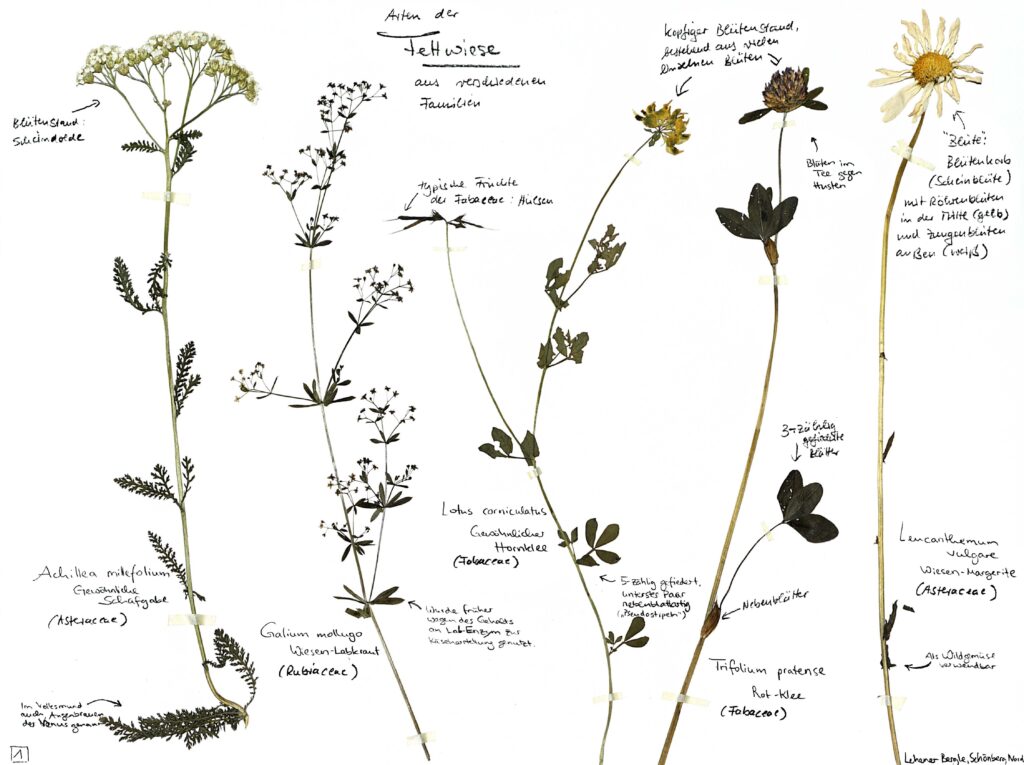
Our concept and offer for mobility-impaired students is as follows: Students can choose from various individual learning modules, which we refer to as learning locations; some modules are compulsory. Students can decide for themselves when they would like to work on the modules during the semester. This allows for individual adaptation to the curriculum and their own interests and needs. The individual modules are each assigned a certain number of points and a minimum number of points must be achieved at the end. Most modules are excursion modules. This means that a location in the city or its immediate vicinity is visited by public transport. Level ground and accessibility are basic requirements for these excursion modules.
The locations are selected in such a way that a specific habitat with the most typical site conditions and corresponding species can be recorded, for example a meadow or forest edge. Using a GPS device, the students search for the specified coordinates, similar to “geo-caching”, and use a script to solve tasks, such as classic identification tasks. Depending on mobility restrictions, students can be accompanied by a trusted person from their personal environment or another student. In this case, we can work with the contact point for students with disabilities or chronic illnesses to develop an individually tailored support package.
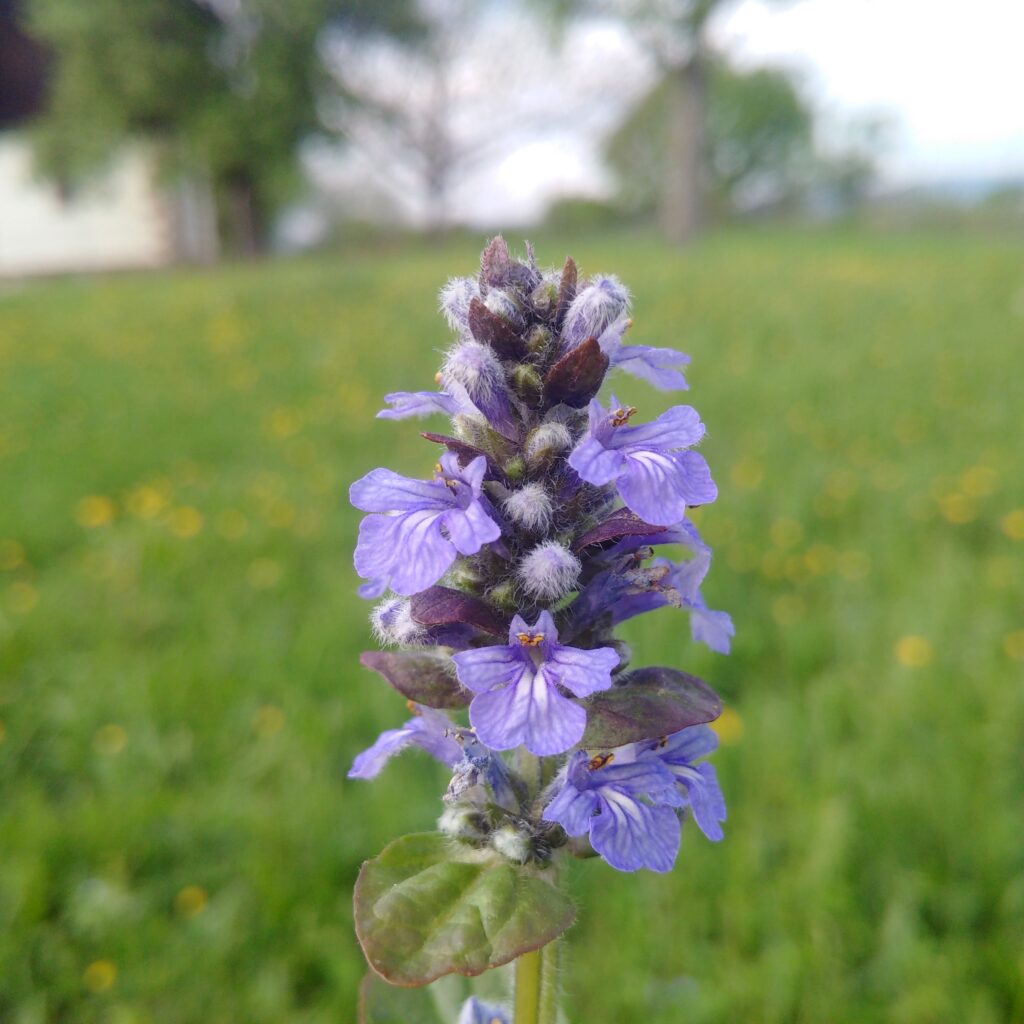
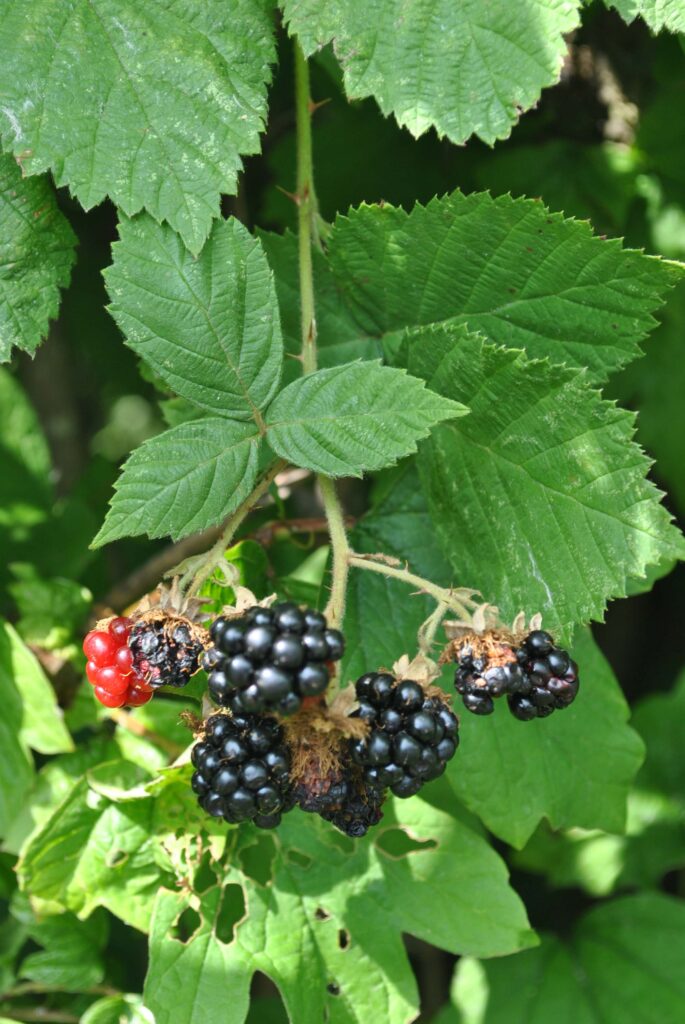
This means that students with limited mobility actually complete the majority of their coursework outside in the field. They can also work on a smaller part of the modules at home at their desk with research and reflective tasks. Drawings, photos and herbarium specimens are also permitted and encouraged. Learning progress is documented in a learning portfolio, which leaves plenty of scope for creativity and is assessed later. For herbarium enthusiasts, there is also a small collection of herbarium specimens with plants from habitats that are particularly difficult to access for viewing, identifying and solving tasks.

